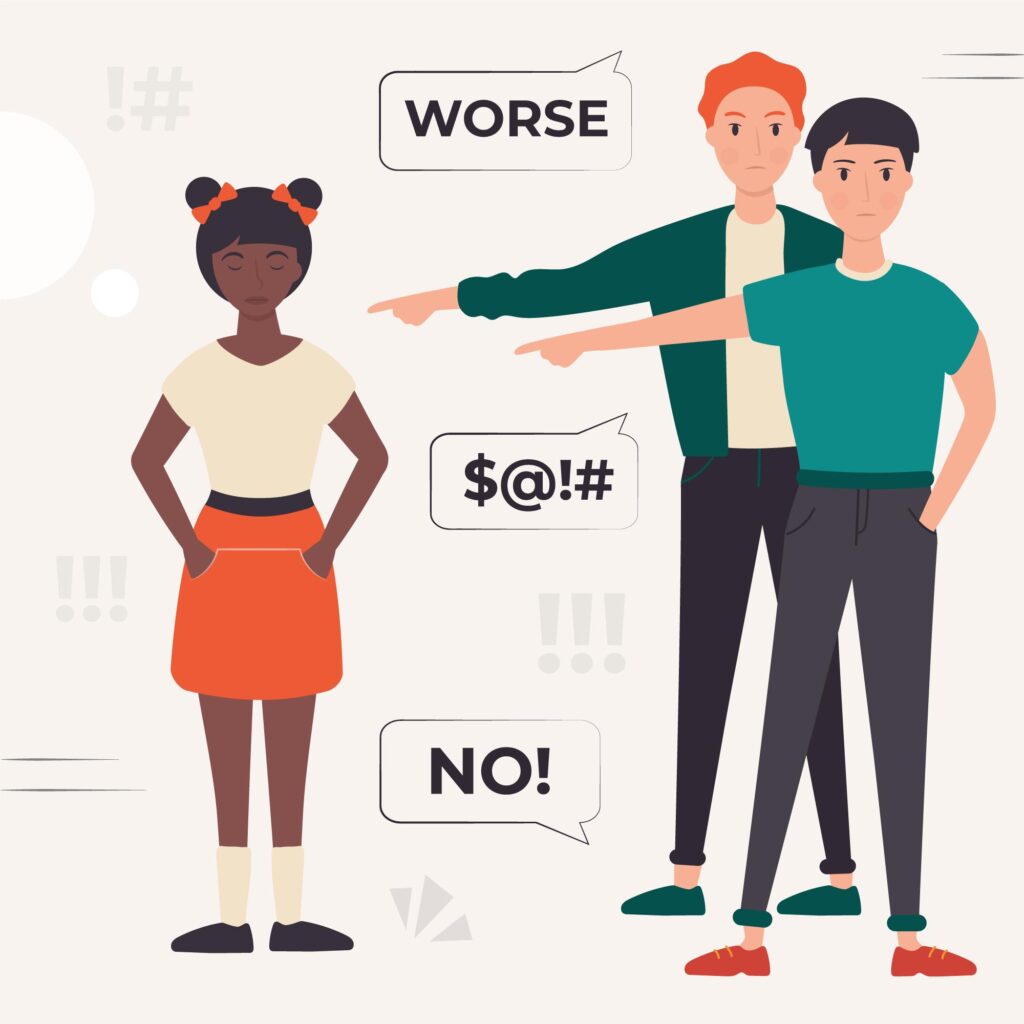- Posted on August 27, 2025

Andhra Pradesh High Court Affirms: Trans Woman Entitled to Legal Recognition.
In a watershed moment for India’s legal journey toward gender inclusivity, the Andhra Pradesh High Court has affirmed that a Tran’s woman is entitled to recognition and protection under matrimonial laws.
This ruling upholds the spirit of the Constitution, promoting dignity, equality, and personal autonomy for all individuals, regardless of gender identity.
To bring clarity to this nuanced issue, we’ve examined a judicial pronouncement by the Andhra Pradesh High Court that reinforces this progressive interpretation of the law.

This July, the Indian Institute of Management Calcutta (IIM-C), one of the country’s most prestigious educational institutions, came under national scrutiny following allegations of rape involving students on campus.
The incident has sparked urgent conversations around campus safety. This case goes beyond a single institution; it reflects broader systemic issues in ensuring justice, safety, and dignity for all.
Our article offers a comprehensive analysis of India’s legal frameworks, procedural gaps, and the critical role of institutional responsibility in creating safer campuses.

In a recent judgment, Delhi court has ruled that using gendered slurs such as “R***I” is not merely abusive, it constitutes a criminal offence that insults a woman’s modesty under Section 78 of the Bhartiya Nyaya Sanhita, 2023.
This case sets a powerful legal precedent, reinforcing that verbal assaults on women’s dignity are punishable. It marks a step forward in India’s journey toward gender justice and respectful public discourse.
Our article unpacks the legal intricacies of the case, the statutory evolution, and why this shift carries profound implications for protecting women’s rights.

In a landmark judgment, the Hon’ble Supreme Court of India emphasized that there is no “one-size-fits-all” reaction to sexual assault. The bench, clarified that physical injuries or dramatic outcry are not prerequisites for establishing the offence.
The Court also highlighted that:
- Trauma manifests differently across individuals, and
- Rigid expectations of victim behavior are both unrealistic and unjust.
This ruling challenges harmful myths and reinforces a survivor-centric approach to justice, acknowledging fear, stigma, and psychological distress as valid responses to assault.

In today’s evolving corporate landscape, POSH compliance is not merely a formality or a checkbox exercise. It reflects an organization’s core values.
In a significant move to strengthen workplace safety, the Maharashtra State Women’s Commission has proposed mandatory POSH audits across all offices. Chairperson Rupali Chakankar emphasized that while many organizations claim compliance, Internal Committees often remain inactive or symbolic.
The Commission has urged the government to issue a Government Resolution (GR) treating POSH audits with the same priority as financial or fire safety audits, ensuring not just legal compliance, but a truly safe environment for women employees.
